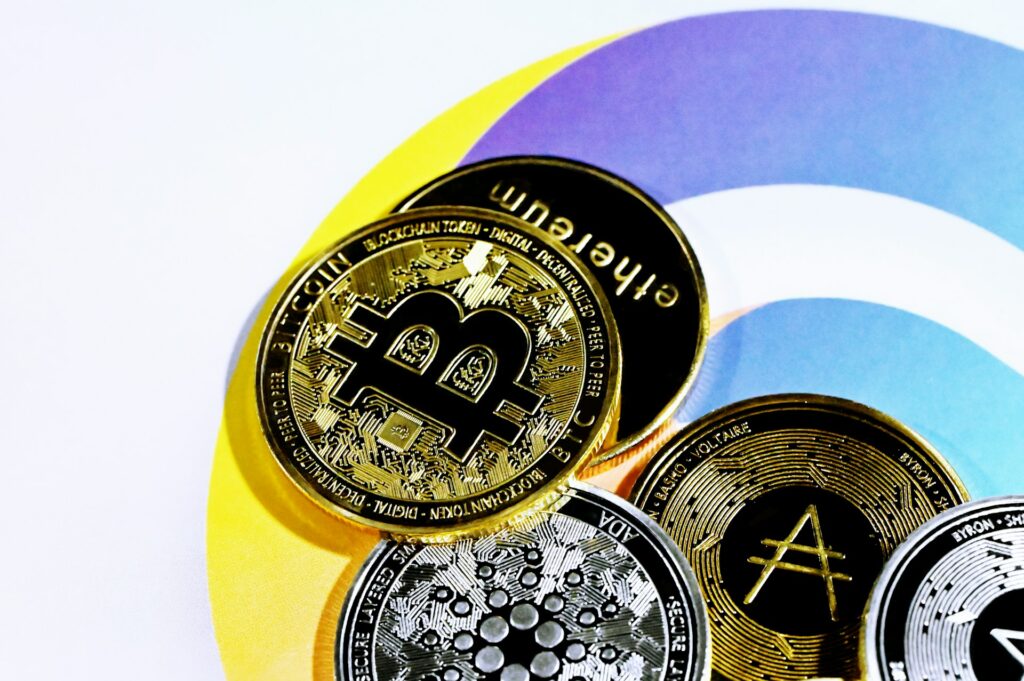Security Concerning Cryptocurrency: How to Safeguard Your Personal Assets

Security Concerning Cryptocurrency: How to Safeguard Your Personal Assets
The hazards that are connected with keeping and managing digital assets are increasing in tandem with the growing popularity of cryptocurrencies. Hackers, con artists, and phishing attempts continue to target novice as well as expert investors, often resulting in losses that are catastrophic. Transactions made with cryptocurrencies, in contrast to those made with regular institutions, cannot be reversed, which means that it is your obligation to safeguard your assets. Having a solid understanding of the most important security procedures is necessary in order to protect your money.
1. Why Cryptocurrency Security Is So Important
Due to the fact that bitcoin is decentralized, users have authority over their transactions; however, this also means that safety nets like as chargebacks and fraud protection are no longer available. When money is stolen, it is very difficult to get it back when it is recovered. In light of this, preventative security measures are very necessary for every investment.
2. The most significant dangers that cryptocurrency faces
Exchange Hacking: Centralized exchanges are a common target for hackers to attack.
- In phishing attacks, individuals are tricked into divulging their private keys by means of misleading websites or emails.
- Keyloggers and spyware are examples of malicious software that may record login information.
- Scams that include social engineering involve con artists impersonating reliable sources in order to acquire access.
- In the event that private keys or seed phrases are misplaced, the whole amount of cash will be lost permanently.
3. How to Determine Which Wallet Is Best
When it comes to cryptocurrency, the most critical security layer is your wallet.
- Internet-based hot wallets are convenient, but they are more susceptible to being hacked. The best option for trading often or with little quantities.
- Wallets that are stored offline, like as hardware or paper wallets, provide the highest level of protection for retaining cryptocurrency for an extended period of time.
- In order to reduce the likelihood of theft, multi-signature wallets need numerous approvals before a transaction can be completed.
4. Employ a Robust Authentication System
- Two-factor authentication, often known as 2FA, should always be enabled on exchanges and wallets.
- If you want to protect yourself against SIM-swapping assaults, you should use an authenticator app rather than SMS-based two-factor authentication.
- It is important to avoid using the same password for many platforms.
5. Put your private keys and seed phrases in a secure location.
- Private keys and recovery phrases should never be disclosed to any other party.
- You should keep them offline in a number of different safe places.
- When it comes to written backups, consider choosing storage that is both fireproof and waterproof.
6. Maintain the safety of all software and devices
- Maintain a consistent update schedule for your operating system, wallet applications, and exchange accounts.
- Put in place firewalls and antivirus software from a respected company.
- It is best to avoid accessing wallets on shared devices or public Wi-Fi networks.
7. Keep an eye out for Con artists and Fake Projects
- Prior to entering into exchanges or wallets, it is important to double verify URLs.
- Before making an investment, do out research on the projects; seek for confirmed teams and actual use cases.
- When it comes to high-return promises, gifts, or deals that seem “too good to be true,” avoid falling for them.
8. Develop a Diverse Storage System
Do not save all of your assets in a single location. Be sure to distribute your holdings among a number of different wallets, and think about employing both hot and cold storage for a variety of reasons.
Providers of Insurance and Safekeeping Services
A number of trustworthy exchanges and custodial services provide insurance protection against hacking vulnerabilities. Despite the fact that it is not a replacement for personal security, it provides an additional layer of safety for portfolios that are bigger.
Continuous Education and Vigilance are the Tenth Point
The dangers posed by cryptography are always evolving. You can better adapt to emerging dangers if you stay up to speed by participating in community forums, reading security reports, and listening to official project updates.
Maintaining the security of cryptocurrencies calls for self-control and responsibility. The danger of losing your cryptocurrency may be greatly reduced if you combine the use of hardware wallets, rigorous authentication, safe storage of private keys, and continual vigilance against frauds. When you live in a world where a single mistake may result in the loss of your whole investment, security should always be your first concern.




